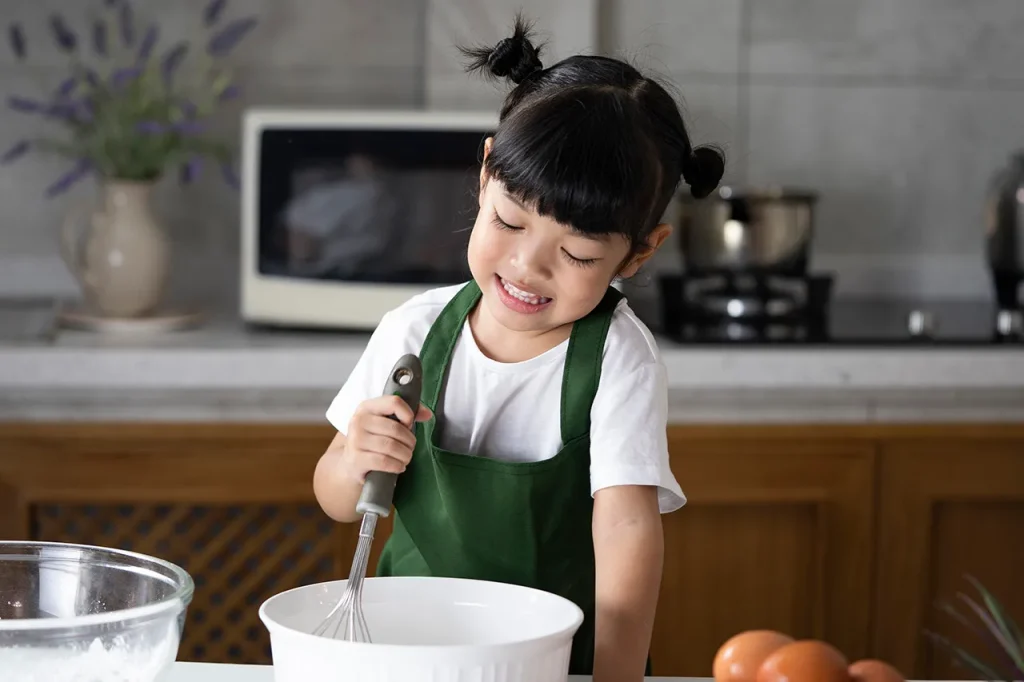Whether you look at cooking as a wonderful experience that brings joy and satisfaction or just something you have to do – it’s a part of our lives. Here’s the thing though, safety should always be a top priority. It doesn’t really matter if you’re whipping up a quick weekday dinner or experimenting with new recipes on the weekend. With a few simple precautions, you can rest assured everyone is completely safe and focus on creating a real feast!
Table of Contents
Keeping it Tidy
First and foremost, always keep your cooking area clean and organised. Cluttered countertops and stovetops can increase the risk of accidents, so take a few minutes to tidy up before you start cooking. Keep flammable objects like dish towels and paper towels away from the stove, and be mindful of loose clothing that could potentially catch fire.
Protect Yourself
When it comes to handling hot pans and pots, use oven mitts or potholders to protect your hands. Don’t even think about trying to move a hot pan with bare hands, as you’d be running a big risk here. Additionally, make sure to turn the pot handles inward on the stove to prevent them from being knocked over accidentally. It’s also important to be cautious when working with sharp knives and other kitchen tools. Always cut away from your body and use a cutting board to avoid accidents. Keep knives sharp and in good condition to prevent any slips and mishaps. It doesn’t take much.
Fire Safety
Oils and fats are part of pretty much any dinner. While great for cooking, there’s a dark side to them – and it’s the risk of grease fires. Never leave a pan of hot oil unattended on the stove, and always have a lid nearby to quickly smother any flames that may occur. If a grease fire does break out, don’t use water, as this can cause the fire to spread. Instead, carefully cover the pan with a lid or use the right kind of fire extinguisher, for example, a CO2 fire extinguisher isn’t going to cut it when it comes to cooking oils. For added security, invest in a wireless fire alarm.
Hygiene
Wash your hands thoroughly before and after handling raw meat, poultry, or seafood, and use separate cutting boards for these items to avoid cross-contamination. Cook foods to their recommended internal temperatures, and refrigerate leftovers to stop them from going bad. Finally, don’t forget to practise good kitchen hygiene – regular cleaning and sanitising countertops, cutting boards, and other surfaces. Wipe down spills straightaway and empty the trash regularly to prevent any weird smells and bacteria growth.
Somebody’s Cooking
With very little care and attention, you can make some delicious meals for yourself and your loved ones while keeping your kitchen safe and clean. Peace of mind is definitely worth some preparation and effort – and now, you’ve got the perfect recipe. Happy cooking!

